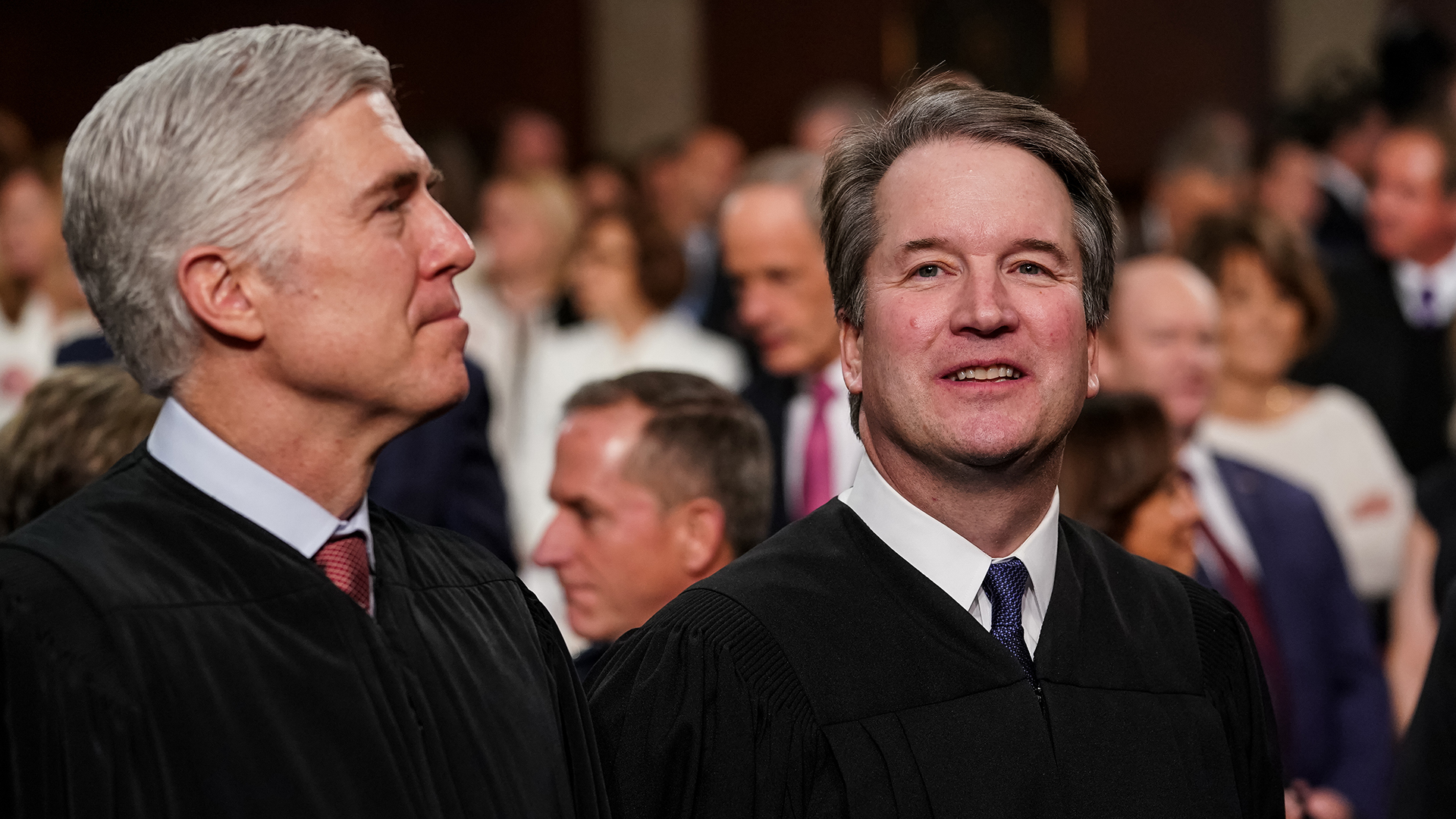OPINION: This article may contain commentary which reflects the author's opinion.
President Joe Biden and the Democrats are have gotten some tough news from the Supreme Court, but it is even tougher when the decision is unanimous and includes every liberal member of the court.
The court said on Wednesday that the administration of President Joe Biden violated its own rules when it improperly lowered drug reimbursement payments to hospitals and clinics that work to serve communities that are low-income communities, which cost the facilities billions of dollars,” The Associated Press reported.
The government argued that the facilities, because of the fact that they serve low-income communities, get the drugs at a deep discount. It argued that if it paid the facilities at the same rate as hospitals that are not getting the drugs cheaper it would give the hospitals and clinics an incentive to overprescribe the drugs to patients. It also said that lowering the payments would save Medicare beneficiaries more money on copays which are linked to the reimbursement rates.
Justice Brett Kavanaugh said in the unanimous opinion for the court that “absent a survey of hospitals’ acquisition costs” the Department of Health and Human Services “may not vary the reimbursement rates for 340B hospitals. HHS’s 2018 and 2019 reimbursement rates for 340B hospitals were therefore contrary to the statute and unlawful.”
In a statement, the American Hospital Association and other groups involved in the case called the decision a “decisive victory for vulnerable communities and the hospitals on which so many patients depend.” They hope to work with the administration and the courts on a reimbursement plan.
The case before the justices involved Medicare, which provides health insurance for nearly 60 million people age 65 and older or people with certain disabilities. Under Medicare, health care providers get reimbursed by the government for expenses including drugs used in hospital outpatient departments.
Hospitals had been getting reimbursed at a rate based on the average price of the drugs. But in 2018 the Trump administration said that 340B hospitals and clinics, which serve low-income communities, would be reimbursed at a lower rate. That’s because 340B hospitals and clinics are entitled to discounts from drug manufacturers that let them buy drugs at a lower cost. The administration cut the reimbursement rate by nearly 30%, an annual decrease to 340B hospitals and clinics of about $1.6 billion.
Affected hospitals sued and a federal judge initially ruled for them, but that decision was reversed by an appeals court.
The U.S. Supreme Court on Tuesday ruled that the state of Maine cannot constitutionally exempt religious schools from a taxpayer-funded tuition assistance program that provides vouchers for parents to utilize in order to send their children to public or private schools.
The court heard oral arguments in the case in December, with proponents of school choice on one side versus the state, which defended the manner in which it provides public education for children in the state.
NPR’s Nina Totenberg reported in a somewhat biased manner at the time:
In recent years, the Supreme Court’s conservative majority has whittled, and sometimes hacked away at, the Constitution’s wall of separation between church and state. That has been nowhere more apparent than in cases dealing with religious schools. In a series of cases, the court has upheld state-funded voucher programs for religious schools, and in a case from Montana last year, the court partially rendered ineffective state constitutions that ban state aid to religious schools.
Now comes a new wrinkle presented in a case from Maine, a state with 180,000 schoolchildren spread out over a rural state and where more than half the school districts have no public high school. To deal with those who don’t have a … local public school to attend, the state contracts with a nearby public school to take them and provide transportation if necessary.
Two families filed suit, arguing that the state should also pay for their children to attend a religious school.
“Amy and David Carson’s daughter went to Bangor Christian School from kindergarten through high school, even though their town does have a public elementary and middle school,” Totenberg noted.
“But because the town does not have a high school, they contend the state should pay for their daughter’s tuition at Bangor Christian, a school that advertises itself as ‘biblically based,’ with religion ‘integrated through all content areas,'” she added.
Amy Carson explained that “they have Bible class every morning. It’s the first class of the day and Thursday is chapel day. Those are not things that are optional for the kids to choose … If you send your kids there, that’s what they learn.”
Maine Attorney General Aaron Frey responded, “Instruction that inculcates, instills, imbues a particularly religious view through its materials, through its teachings, prescribing that there’s one religion above others and that there are certain ways of the world that are consistent with that religion … is not consistent with a public education.”
But attorney Michael Bindas, who represents the Carsons and another family, said the policy amounts to religious discrimination, a violation of the First Amendment.
